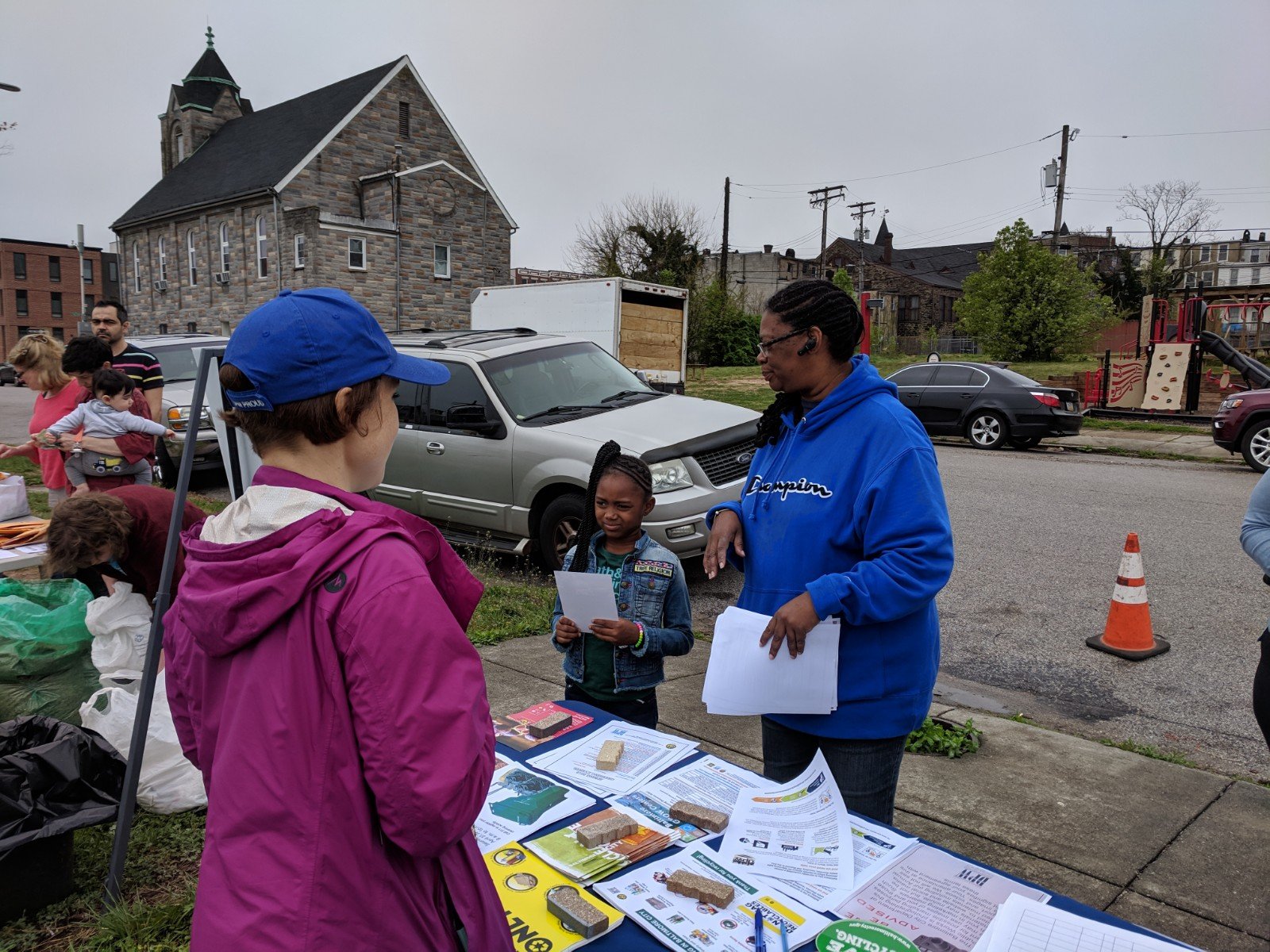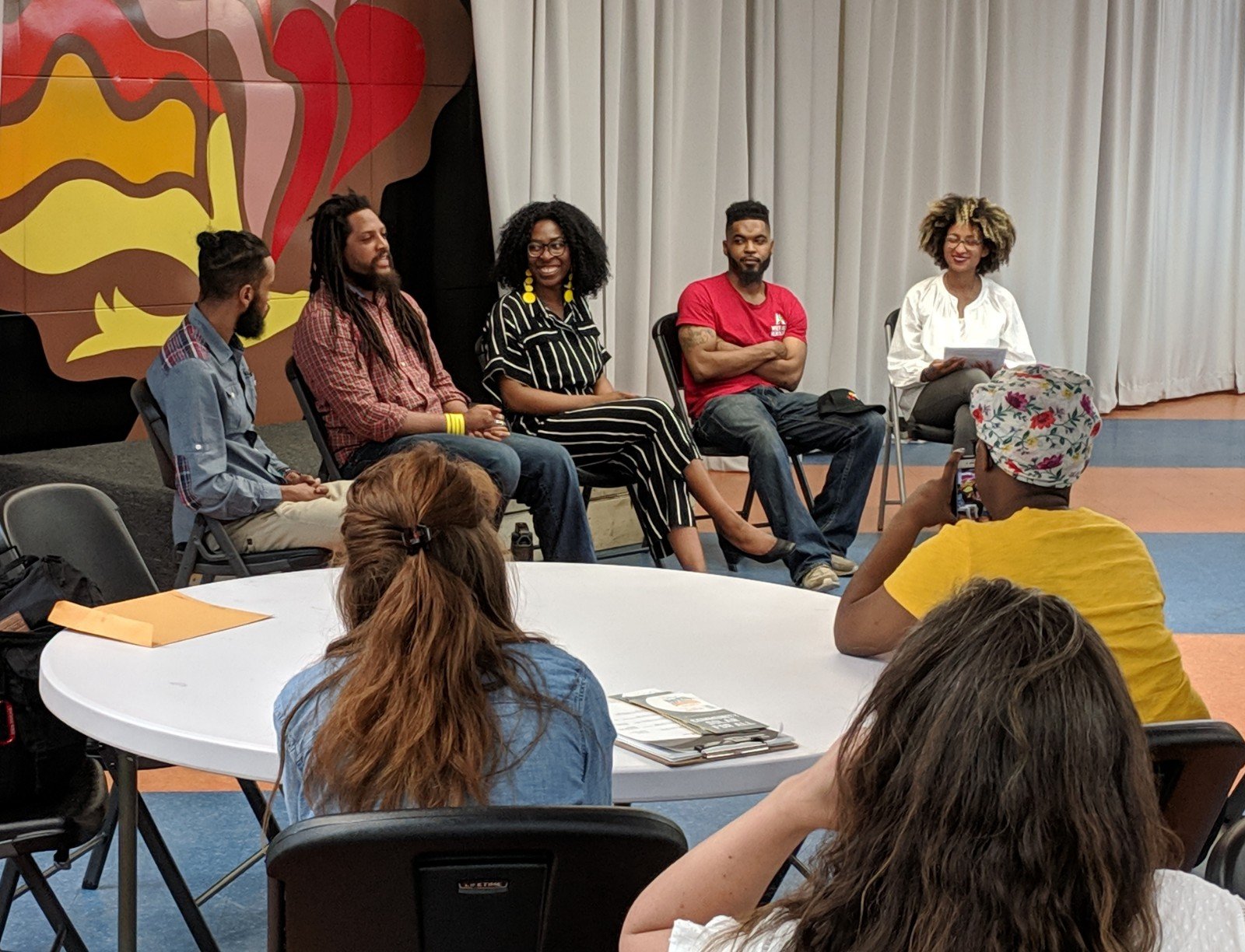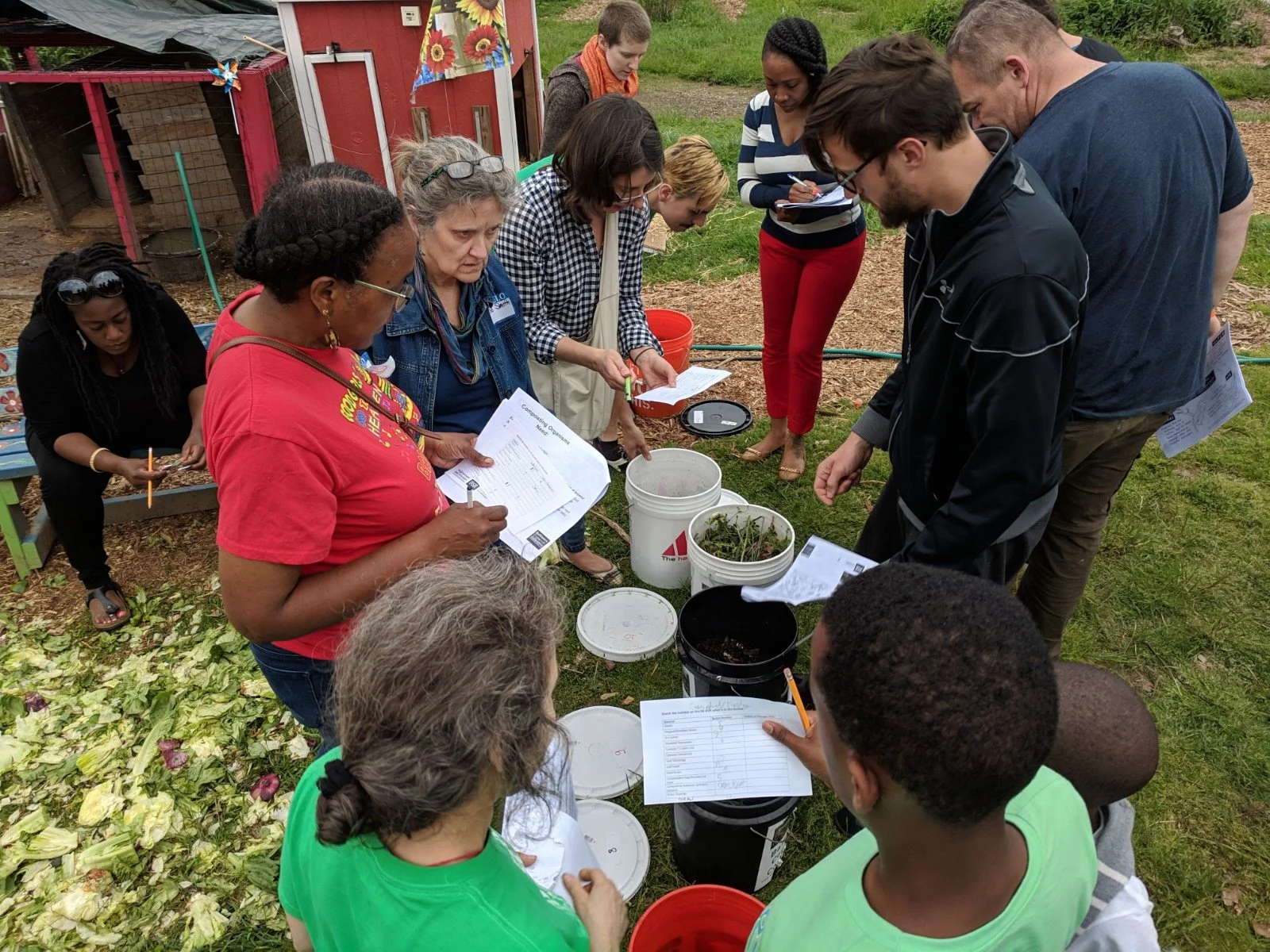GROW Center
A VIABLE BUSINESS MODEL TO GREEN BALTIMORE COMMUNITIES
Establishing long-term sustainability through neighborhood restoration
Since 2018, the Baltimore City Department of Public Works (DPW) has been organizing “pop-up” neighborhood greening events and workshops through a program called the GROW Center - Green Resources and Outreach for Watersheds. This program links residents, neighborhood groups, non-profits, faith groups, and community greening networks to critically-needed materials and technical expertise for restoring neighborhoods through tree planting, stormwater management installation, and vacant lot revitalization.” The pop-up model has engaged thousands of participants and there has been a steady call to widen its reach and better enable communities to transform themselves for a more sustainable future. With funding from the U.S. Forest Service, DPW engaged Council Fire to develop a feasibility study and business plan for a permanent GROW Center program.
-
Despite the success of the “pop-up” program, formalizing a long-term vision for GROW Center presented several challenges across several fronts including questions of:
Management
Should the business be government-run or would it be better suited for management by a non-profit partner, or through a public-private partnership?Permanency
Should it continue as a series of pop-ups or should it establish permanent locations, or both?Education / Technical Assistance
What types of education / technical assistance should be provided and how should it be deliveredPartners
What role should other partners play and should new partners be recruited?Goals
What are the program goals and how should success be measured?; funding - how should the GROW Center be financed?Drivers
How can the program be optimized to incentivize more participation in target activities and actions? -
Council Fire leveraged its extensive sustainable business design and planning knowledge, local economic development expertise, analytical capabilities, community relationships, and communications expertise to holistically support the GROW Center effort. As part of this effort, Council Fire:
• Conducted an extensive stakeholder engagement process to understand community needs, reveal historical activities, access partner input, and build additional support for the program.
• Conducted extensive best practices research.
• Developed initial business model recommendations for further investigation and pursuit.
• Prepared a comprehensive feasibility study and business plan for the program to include recommendations for baseline expansion, the scope of education/technical assistance, a “hub” design for integration at existing public works facilities, and an app-based non-monetary incentive program to further drive neighborhood participation.
-
The GROW Center's financial/return-on-investment justification is demonstrated, the business plan written, and both are supporting DPW budget requests and external fundraising success.
The financial and programmatic analysis resulted in creative and cost-effective ways for DPW to meet its MS4-mandated stormwater management goals - with a focus on solutions that cost the City less than 10% of the costs of common structural remediations.
The GROW Center is reinforcing its value to communities and expanding its impact through strengthened existing and new partnerships and a clearly articulated role within a crowded Baltimore greening ecosystem of government agencies and nonprofits.




